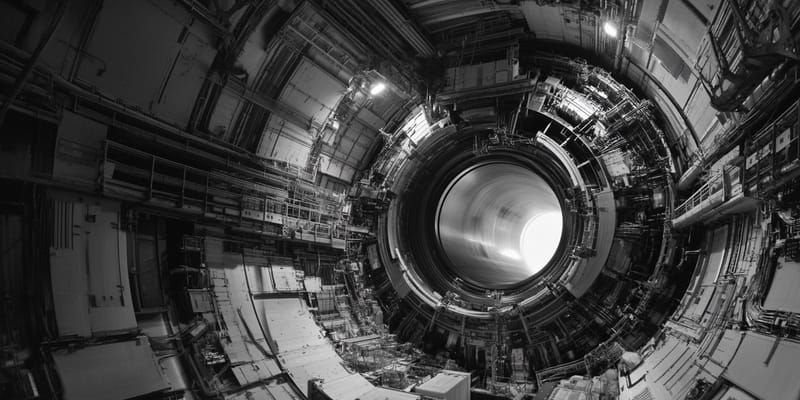First Driverless Semi-Trucks Begin Regular Long-Haul Routes in Texas

Aurora has begun operating the first commercial driverless semi-trucks without safety drivers on regular long-haul routes between Dallas and Houston. The autonomous trucking firm announced Thursday it launched service for its initial customers, Uber Freight and Hirschbach Motor Lines, which delivers time-sensitive and temperature-controlled freight.
Both companies previously completed test runs with Aurora that included safety drivers monitoring the self-driving technology called "Aurora Driver." The new commercial service now operates without human supervision. "We founded Aurora to deliver the benefits of self-driving technology safely, quickly, and broadly," said Chris Urmson, CEO and co-founder of Aurora.
The autonomous trucks use computers and sensors capable of detecting objects at a distance equivalent to over four football fields. During four years of practice hauls, Aurora's technology has delivered more than 10,000 customer loads. As of the announcement, the system has completed over 1,200 miles without a human present in the vehicle.
The company is starting with one self-driving truck and plans to expand its fleet by the end of 2025. Self-driving technology has attracted significant investment from major auto companies including Tesla and GM, which have invested billions in development. Companies in autonomous trucking typically use Texas and California as testing locations.
Other players in the autonomous transportation sector include California-based Gatik, which handles short-haul deliveries for major retailers like Walmart, and Kodiak Robotics, which makes daily freight deliveries across the South with safety drivers present. Waymo, owned by Google's parent company Alphabet, closed its autonomous trucking division in 2023 to focus on self-driving ride-hailing.
Despite industry progress, consumers and transportation officials have raised concerns about the safety of autonomous vehicles. Aurora published a safety report this year explaining how its technology functions. Truck driver unions generally oppose driverless technology due to potential job losses and safety worries.
Earlier this year, the Federal Motor Carrier Safety Administration denied a petition from Waymo and Aurora seeking to replace standard warning devices for broken-down trucks with cab-mounted beacons. The Transport Workers Union argued against the petition, claiming it would reduce safety.
The development of autonomous transportation technology comes as global trade patterns shift. China has recently turned its attention to the European Union for EV trade talks while facing increased tariffs from the United States, potentially reshaping international automotive markets and supply chains.









